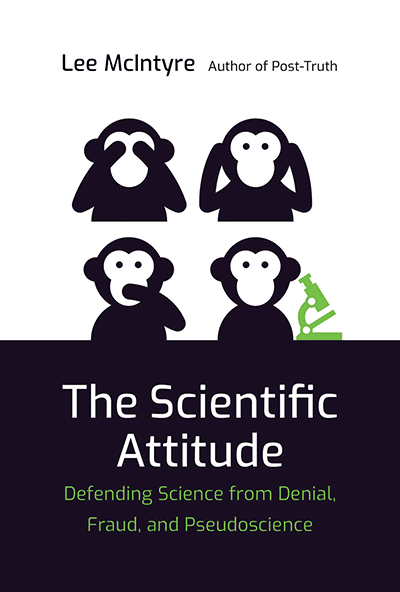Politics intruded on science and intelligence. That’s why I quit my job as an analyst for the State Department.
By Rod Schoonover
Dr. Schoonover was a senior analyst in the Bureau of Intelligence and Research at the State Department.
July 30, 2019
Ten years ago, I left my job as a tenured university professor to work as an intelligence analyst for the federal government, primarily in the State Department but with an intervening tour at the National Intelligence Council. My focus was on the impact of environmental and climate change on national security, a growing concern of the military and intelligence communities. It was important work. Two words that national security professionals abhor are uncertainty and surprise, and there’s no question that the changing climate promises ample amounts of both.
I always appreciated the apolitical nature of the work. Our job in the State Department’s Bureau of Intelligence and Research was to generate intelligence analysis buttressed by the best information available, without regard to political considerations. And although I was uncomfortable with some policies of the Drumpf administration, no one had ever tried to influence my work or conclusions.
That changed last month, when the White House blocked the submission of my bureau’s written testimony on the national security implications of climate change to the House Permanent Select Committee on Intelligence. The stated reason was that the scientific foundation of the analysis did not comport with the administration’s position on climate change.
After an extended exchange between officials at the White House and State Department, at the eleventh hour I was permitted to appear at the hearing and give a five-minute verbal summary of the 11-page testimony. However, Congress was deprived of the full analysis, including the scientific baseline from which it was drawn. Perhaps most important, this written testimony on a critical topic was never entered into the official record... (continues)==
SCIENCE SALON # 77
Dr. Lee McIntyre — The Scientific Attitude: Defending Science from Denial, Fraud, and Pseudoscience
In this engaging conversation on the nature of science, Dr. McIntyre and Dr. Shermer get deep into the weeds of where to draw the line between science and pseudoscience. It may seem obvious when you see it (like Justice Potter’s definition of pornography — “I know it when I see it”), from a philosophical perspective it isn’t at all easy to articulate a formula for science that perfectly weeds out all incorrect or fraudulent scientific claims while still retaining true scientific claims. It really comes down to what Dr. McIntyre describes as a “scientific attitude” in an emphasis on evidence and scientists’ willingness to change theories on the basis of new evidence. For example, claims that climate change isn’t settled science, that evolution is “only a theory,” and that scientists are conspiring to keep the truth about vaccines from the public are staples of some politicians’ rhetorical repertoire. In this podcast, and in more detail in his book, McIntyre provides listeners and readers with answers to these challenges to science, and in the process shows how science really works.
McIntyre and Shermer also discuss:
- the strengths and weaknesses of Karl Popper’s “falsification” criteria for the line of demarcation
- how conspiracy theorists draw their own line of demarcation between their version of the conspiracy vs. that of others within their own community
- the problem of anomalies that are not explained by the mainstream theory and what to do with them
- McIntyre’s adventure at the Flat Earth conference
- Graham Hancock and alternative archaeology
- Creationists and why they are wrong (and how evolution could be falsified)
- similarities between Evolution deniers and Holocaust deniers
- anti-vaxxers and their motives
- climate deniers and why they’re inappropriately skeptical of climate science, and
- how to talk to a science denier of any stripe.
Listen to Science Salon via iTunes, Spotify, Google Play Music, Stitcher, iHeartRadio, TuneIn, and Soundcloud.

No comments:
Post a Comment